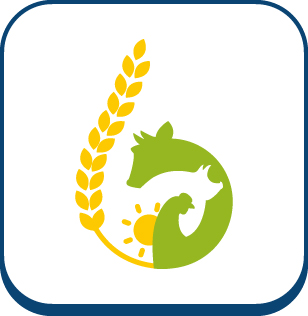Managing genetic variability in pig populations: new tools and feedback on the first initiatives
Ajouter à ma liste
Auteurs :
Delaunay I, Mérour I
Genetic variability is an important factor in selection systems. This diversity is a key element driving long-term breed progress, and without it there is an increased incidence of genetic anomalies and a decrease in technical performance. Tools such as per-farm inbreeding reports and genetic advantage scores (GAS) have been developed to improve monitoring and enable more effective control of genetic diversity. Breeders know the average inbreeding coefficient of their herd and can adapt their breeding methods accordingly. The GAS are calculated between all AI-boars (GASm), and between AI-boars and pig-breeding stock from selected breeding centres (GASf). The scores are estimated and sent to breeders monthly by the ITP French Pig Institute. A boar with a positive GAS introduces genetic variability into a population, whereas the use of a boar with a negative GAS consequently increases the average inbreeding coefficient of the population.
Fiche technique
Titre :
Managing genetic variability in pig populations: new tools and feedback on the first initiatives
Date sortie / parution :
2006
Référence :
Techni Porc (Fra), 2006, Vol. 29, n° 3, mai-juin, p. 7-11
Quelques mots clés
Autres documents
Gestion de la variabilité génétique au sein des populations collectives porcines : nouveaux outils et premières actions
La variabilité génétique est à prendre en considération par les schémas de sélection. Cette diversité est à la base du progrès génétique à long terme et sa perte augmente la…
Publié en 2006






